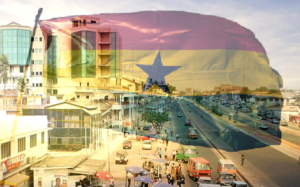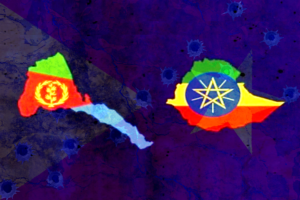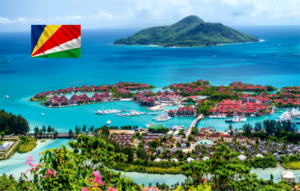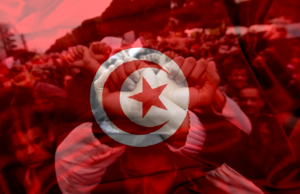Guinea-Bissau Braces for Turmoil as President Embalo Refuses to Leave Office After His Term Expired
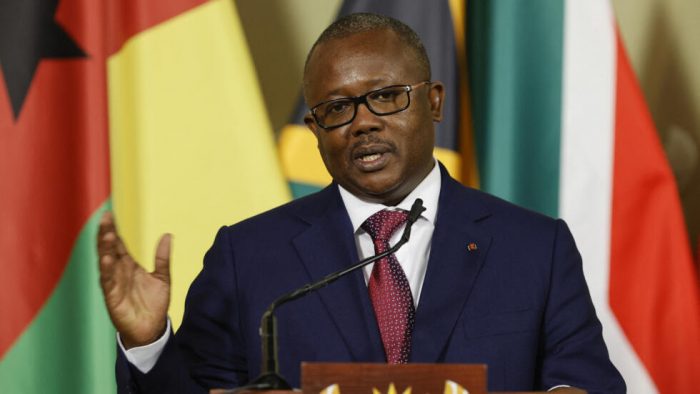
Bissau, Sept. 6, 2025: Guinea-Bissau has entered uncharted political waters after President Umaro Sissoco Embalo declined to step down at the expiration of his presidential term this week, deepening fears of constitutional crisis in the small but strategically significant West African nation.
Embalo, whose term formally ended at midnight on Thursday, has insisted that he will remain in office until fresh elections scheduled for November 23, despite fierce objections from opposition parties and growing unease among regional observers. His defiance has been branded an “illegal power grab” by opponents, who accuse him of undermining the fragile democratic institutions of a country long haunted by coups, instability, and underdevelopment.
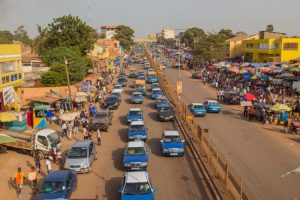
Guinea-Bissau’s constitution stipulates a five-year presidential mandate, renewable only once. Opposition leaders argue that Embalo’s tenure should have ended on February 27, but the Supreme Court controversially extended his term to September 4. Critics say the ruling has allowed Embalo to entrench himself further, eroding confidence in the judiciary and exposing the deep institutional fragilities of the post-independence state.
The delay of parliamentary elections since the dissolution of the National Assembly in 2023 has compounded the vacuum of legitimacy. Without a sitting legislature, the country’s system of checks and balances is effectively suspended, raising the stakes for November’s polls.
The political impasse is reverberating across West Africa, where the Economic Community of West African States (ECOWAS) has struggled to mediate. A fact-finding mission deployed earlier this year withdrew abruptly after Embalo allegedly threatened to expel its members, exposing tensions between Bissau and the regional bloc.
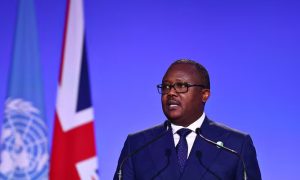
Guinea-Bissau’s turmoil also intersects with broader West African instability. Coups in Mali, Burkina Faso, and Niger have weakened confidence in democratic governance, while Guinea-Bissau’s role as a narcotics transit hub to Europe further complicates regional security. For ECOWAS, which has already been criticized for inconsistent crisis responses, Embalo’s defiance represents a test of credibility in defending constitutional order.
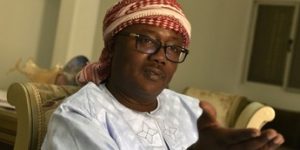
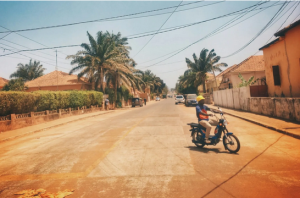
Beyond the corridors of power, Guinea-Bissau’s 2 million citizens are bracing for the fallout. Chronic poverty, limited infrastructure, and heavy reliance on cashew exports leave families highly vulnerable to political shocks. Instability has historically disrupted trade routes, discouraged investment and strained public finances; factors that could worsen living conditions if the current standoff escalates.
Businesses already face uncertainty, with traders reporting volatility in cross-border markets and international partners adopting a “wait-and-see” posture. The state’s fiscal capacity is stretched thin, raising fears over delayed salary payments to civil servants and underfunded social services.
For ordinary households, the crisis threatens more than economics. It feeds a pervasive climate of anxiety, erodes trust in institutions, and risks deepening divisions within communities long accustomed to political volatility. Cultural life, often a bastion of resilience, may also be strained as instability threatens to overshadow traditions and social cohesion.
Embalo is widely expected to seek a second term in November’s election, a prospect that could inflame tensions if opposition groups refuse to participate or recognize the outcome. Analysts warn that a disputed vote could reignite Guinea-Bissau’s cycle of coups, jeopardizing not only domestic peace but also regional integration efforts.
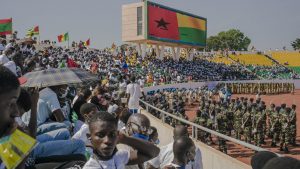
At the political level, the current standoff exposes a struggle between executive overreach and fragile democratic institutions. At the social level, it risks alienating younger generations, many of whom already view politics as a game of elites divorced from ordinary struggles.
Guinea-Bissau’s trajectory will depend on whether domestic actors and regional partners can foster dialogue and ensure credible elections in November. Success could signal resilience in a nation too often associated with fragility; failure risks plunging the country into another era of uncertainty with reverberations far beyond its borders.
As one civil society leader in Bissau put it: “This is not just about the presidency. It is about whether Guinea-Bissau can finally build a state that puts people before politics.”


